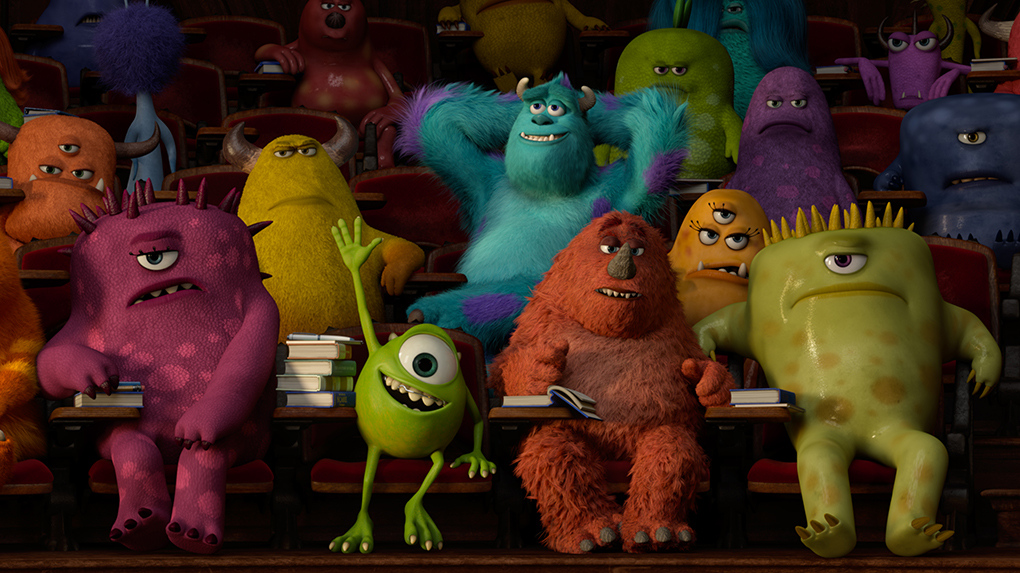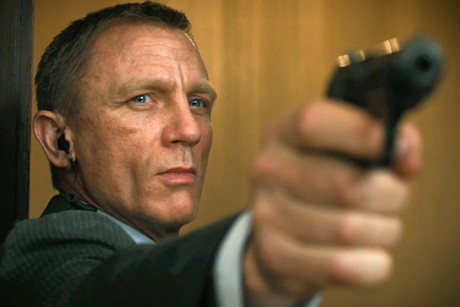
Make a sequel that's actually bigger and better? Not so impossible.
by Hunter Isham
The Mission: Impossible film franchise, now more than 15 years old, has had its ups and downs as it produced four action-packed espionage adventures. The first film—directed by Brian De Palma, written by David Koepp, Steve Zaillian, and Robert Towne, and starring Tom Cruise, Jon Voight, Ving Rhames, and Vanessa Redgrave—was a very strong start, both as a fun and thrilling film and as a box office success story (more than $450 million on an $80 million budget). The second film, directed by John Woo, was an even bigger hit on an even bigger budget. Then the franchise lay dormant for six years, an eternity in blockbuster time, until Tom Cruise brought aboard a television writer/director/producer by the name of J.J. Abrams, resulting in the fantastic Mission: Impossible III. Unfortunately for M: I fans, the film was released at the peak of Cruise's couch-jumping zaniness, leading to a mildly successful run at the box office. Mission: Impossible IV kicked around for a few years with rumors swirling that a new character would be introduced to replace Cruise's Ethan Hunt, but then the pieces fell into place, producers Cruise and Abrams hired The Incredibles and Ratatouille director Brad Bird, and Mission: Impossible - Ghost Protocol found its way into theaters with a 93% Rotten Tomatoes score, and an eventual $694 gross. If that's not a Hollywood success story, I don't know what is.
Ghost Protocol finds Ethan Hunt sprung from prison by the Impossible Mission Force to go after a madman who believes a nuclear winter will give humanity a new start. The team that springs him becomes his squad of surviving agents when he finds out that "Ghost Protocol" has been initiated (I won't spoil why), wiping clean the entire agency and disavowing all of its agents. Paula Patton, Jeremy Renner, and a returning Simon Pegg all play off each other very well as the film focuses on their team dynamic rather than Cruise as the sole hero. You may recall that he's always had a team at one point or another in past films, but here his backup is front and center. Making matters worse is that their few gadgets and supplies malfunction more than once, giving their plans unanticipated hiccups along the way as they try to navigate the world and save the day completely off the grid. Constantly having to rely on their own ingenuity and abilities, the four keep things light and fun when things go wrong, and play the more intense action moments with the appropriate focus and quick thinking, not to mention fear and determination.
Of course, these four characters, as much fun as they are, would be nothing in the Mission franchise without some spectacular set pieces, and Brad Bird delivers in spades. Making your live-action directing debut on a known property could be intimidating, so why not add on the more-difficult-than-usual approach of shooting some moments for IMAX, with the massive cameras that come with the format? If Bird had any trepidation, it never shows, as he's crafted a thrilling romp that has some unbelievably great action. Perhaps the moment everyone knows from Ghost Prtocol is that which finds Ethan climbing up the side of Dubai's Burj Khalifa, the tallest building in the world. All green screens and stunt doubles, right? Wrong. Cruise was actually up on that building, held on by what was no thicker than a piano wire. Climbing in high places has certainly been done before, but here you absolutely feel the scale and danger of it all here. It's quite simply breathtaking.
Although the Burj Khalifa sequence is the most stunning in the film, there are plenty of other thrilling moments that keep you on the edge of your seat. In fact, the fantastic action helps to mask some flaws in the film you may not be likely care about. For example, Ghost Protocol lacks a villain with the ferocity of Phillip Seymour Hoffman in Mission: Impossible III, and Michael Nyqvist's nuclear madman is more imposing via his intentions than what he does on screen. However, the antagonists are placed in great action set pieces, such as a chase through a sandstorm and a fight in a multi-level automated parking structure, so there is a constant and immediate threat of physical danger. This film is a rare case when a villain doesn't need to be as fleshed out as Hannibal Lecter to be scary, he just has to threaten our heroes with impossible situations.
Mission: Impssible - Ghost Protocol is one of the best action films I've seen in recent years. It aims neither for the lofty messages of a Nolan Batman film nor for the B-movie range of The Expendables. This movie is fun without sacrificing its intelligence, but doesn't ask the viewer for anything more than their undivided attention. This is a popcorn film, through and through, and I can't give it higher praise than that. If you're still hesitant, just sit down, and watch the film through its opening credits. If Michael Giacchino's arrangement of Lalo Schifrin's classic theme doesn't put a big smile on your face then I don't know what will. Even if Tom Cruise isn't your cup of tea, or if you see M: I as a cheap Bond knockoff, give Ghost Protocol a chance. Enjoying this film is your mission, should you choose to accept it, and it's hardly impossible. 9/10
*Note: I just thought I'd mention something that's been banging around in my head the past few weeks. When I rate a film like Ghost Protocol a 9/10, I mean that it's a great action movie on par with other great action movies. I don't necessarily mean it's a Best Picture contender; a Silver Linings Playbook or an Argo. You've probably figured out that it's really hard for me to hate a film, and quite easy for me to enjoy the hell out of one. That enthusiasm is how the fourth film in an uneven franchise gets an excellent score.








